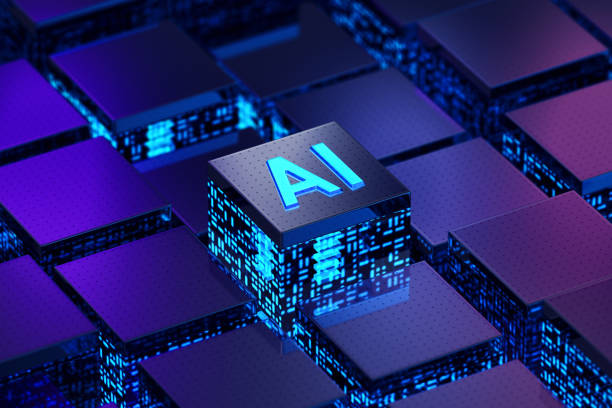The European Union has been at the forefront of digital privacy regulations, constantly evolving to address emerging challenges. The upcoming AI Act (expected to be finalized in 2023) represents a major milestone in the EU’s commitment to regulate artificial intelligence technologies. In this blog post, we will explore the impact of the AI Act on businesses, its connection to privacy laws, and how organizations can ensure compliance.
The AI Act of the EU: What businesses need to know
The European Union is set to introduce a new regulation on artificial intelligence (AI). The AI Act is designed to ensure that AI is developed and used in a way that is safe, ethical, and respects human rights.
The AI Act will have a significant impact on businesses that use AI. Businesses will need to comply with the new rules in order to avoid fines and other penalties.
The AI Act will also have a connection to privacy laws. The regulation will require businesses to take steps to protect the privacy of individuals whose data is used in AI systems.
Here are some things that businesses need to consider in order to comply with the AI Act:
- Identify the risks: The first step is to identify the risks associated with the use of AI in your business. These risks could include things like bias, discrimination, and privacy violations.
- Take steps to mitigate the risks: Once you have identified the risks, you need to take steps to mitigate them. This could involve things like training AI systems on more diverse data sets, implementing privacy safeguards, and conducting regular audits.
- Be transparent about your use of AI: Businesses will also need to be transparent about their use of AI. This means providing information about how AI is used in your business, the data that is used, and the risks associated with the use of AI.
Understanding the AI Act:
The AI Act, proposed by the European Commission, aims to establish a comprehensive regulatory framework for artificial intelligence technologies. It emphasizes ethical, trustworthy, and human-centric AI applications while safeguarding individual rights and societal well-being. The Act classifies AI systems into different categories based on risk levels, imposing stricter requirements on high-risk systems. To learn more about the AI Act, visit the official website of the European Commission’s Digital Strategy: link.
Impact on Businesses:
The AI Act will significantly impact businesses operating within the EU or targeting EU customers. High-risk AI systems, such as those used in critical infrastructure, healthcare, or law enforcement, will require rigorous conformity assessments, transparency measures, and human oversight. Non-compliance with the Act can result in substantial penalties, reputation damage, and potential exclusion from EU markets. To gain further insights on the potential impact of the AI Act on EU businesses.
Connection to Privacy Laws:
The AI Act reinforces the existing data protection framework established by the General Data Protection Regulation (GDPR). It recognizes the inseparable link between AI and privacy, emphasizing the need for data protection, privacy by design, and user consent. Compliance with GDPR principles, such as purpose limitation, data minimization, and accountability, becomes even more crucial when implementing AI systems.
Ensuring Compliance:
To comply with the AI Act, businesses need to adopt a proactive approach. Conducting impact assessments, performing due diligence on AI systems, and maintaining comprehensive documentation are key steps in the compliance journey. Moreover, organizations must implement robust technical and organizational measures to ensure data security, algorithmic transparency, and fairness in AI decision-making.
The AI Act heralds a new era of AI regulation, promoting responsible and ethical deployment of artificial intelligence technologies. Businesses must adapt to the changing landscape by prioritizing compliance, privacy, and transparency. Embracing advanced NLP tools like Bard and ChatGPT, image recognition technologies such as Dale2 and Midjourney, and voice AI tools will empower businesses to unlock the full potential of AI while respecting individual rights and societal values.





